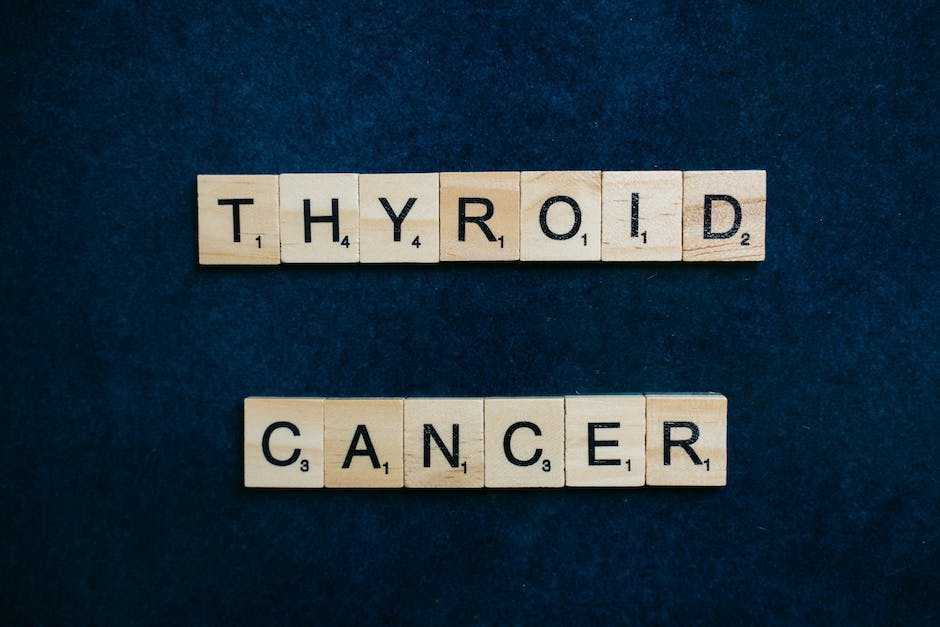Contents
What is Thyroid – All You Need to Know About Thyroid Gland
The thyroid is an endocrine gland located in the neck below the larynx (voice box). Its main function is to secrete hormones that regulate metabolism and growth. The thyroid is composed of two lobes that lie on either side of the trachea (windpipe).
What is the Role of the Thyroid?
The thyroid produces two main hormones, thyroxine (T4) and triiodothyronine (T3). These hormones help regulate many bodily processes, including:
- Metabolism: The body’s rate of burning energy.
- Growth and development: The thyroid helps regulate the body’s growth and maturation.
- Bone Health: Proper thyroid levels help regulate calcium levels in the bloodstream and healthy bone growth.
- Hormone Balance: Too much or too little of the thyroid hormones can cause problems with other hormones in the body.
Diseases Related to The Thyroid
The most common thyroid disease is hypothyroidism. Hypothyroidism occurs when the thyroid does not produce enough hormones. This can lead to symptoms such as fatigue, constipation, dry skin, depression, and weight gain. Other thyroid diseases include hyperthyroidism, thyroid nodules, and goiter.
Diagnosis and Treatment
A doctor will usually diagnose a thyroid disorder based on symptoms and a physical examination. They may also order a thyroid function test, which measures the levels of hormones in the blood. Treatment will depend on the type of thyroid disorder and may include medications, surgery, or radiation therapy.
Conclusion
The thyroid is an important endocrine gland located in the neck. It produces hormones that regulate metabolism, growth, bone health, and hormone balance. A variety of diseases can affect the thyroid, and it is important to be aware of the signs and symptoms. Thyroid disorders can be diagnosed and treated with medications, surgery, or radiation therapy.
